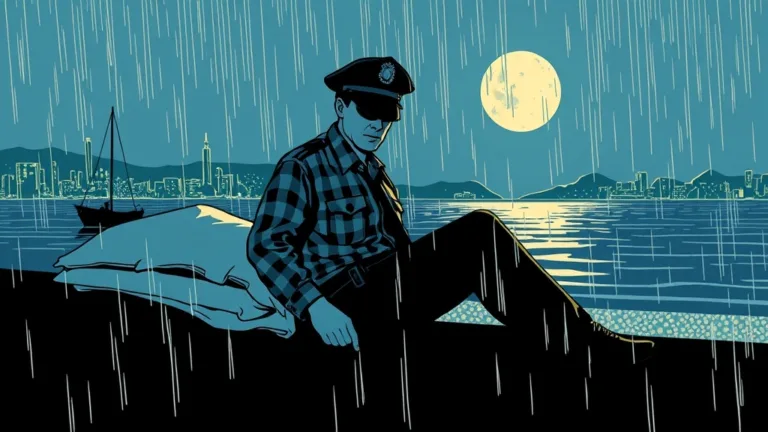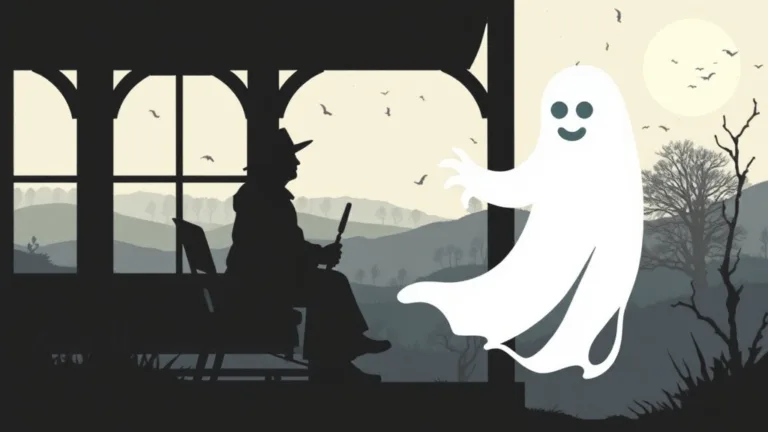At 10 p.m. on January 31st, 2012, a 23-year-old man named Chen Rong-Yu walked into an internet café in New Taipei City, Taiwan. The café had a front counter where a cashier would check you in and sell snacks and drinks. Behind the counter, there were long rows of tables, each set up with computer stations. At least 30 people were already sitting at these terminals, fully engrossed in their games or whatever they were doing online.
Not a single person looked up when Chen entered. No one seemed interested in him—and for Chen, that was part of the appeal. He could sit down, play his favorite game, and be totally left alone.
Chen paid for some time at the counter, bought a soda, and walked to the back to find an empty station. He sat down and immediately launched League of Legends, his favorite game. League of Legends is a massively popular multiplayer online battle arena game, and Chen took it very seriously. He often spent marathon sessions—sometimes up to eight hours—playing the game at this café, trying to level up and climb the ranks.
This night was no different. Once the game loaded, Chen locked in and dove into his first match. Hours passed. He barely moved, aside from the occasional trip to refill his soda or grab a snack. He would sometimes rest his head on the desk for a 15-minute power nap, only to get right back into the action. All night, it was nonstop gaming.
By around noon on February 1st, Chen had been gaming nearly nonstop for 14 hours—even longer than his usual sessions. He was exhausted, but he was doing incredibly well. It was one of the best streaks he’d ever had. At that moment, he was locked into a high-stakes match. His team was on the verge of being knocked out by a highly skilled opponent, and if Chen could just stay focused, they had a shot at winning.
Leaning forward, hands flying across the keyboard and mouse, he managed to dodge an attack. He was about to launch a critical strike when, suddenly, something went wrong.
About nine hours later, around 9 p.m., the cashier at the café had just handed a soda to another customer when she noticed that the line had cleared. Part of her job—besides checking people in and selling snacks—was to keep the café clean and, importantly, to make rounds and remove people whose time had expired. Many gamers would get so immersed in their games that they lost track of time and ended up playing longer than they paid for.
So, clipboard in hand, she headed to the back of the café to check on everyone.
As usual, no one looked up when she entered. Everyone was completely absorbed in their screens. One by one, she checked monitors and spoke to customers, saying things like, “Hey, did you pay for more time? Are you staying longer?”
Most would eventually snap out of their gaming trance, startled that she was standing next to them. Eventually, she made her way to Chen.
He appeared just as focused as everyone else. When she told him his time had expired—that he had been there for 24 hours, though he’d only paid for around eight or nine—he didn’t respond. He didn’t even glance at her. He was utterly motionless.
Frustrated, the cashier finally tapped Chen on the shoulder.
When he leaned back slightly in his chair, she screamed.
Until that moment, Chen had gotten exactly what he wanted: to be left completely alone, immersed in his game, in his own world. In fact, for the entire 24 hours he had been in the café, not a single person had really looked at him.
Because if they had, they would’ve seen that something was horribly wrong.
It turned out that hours earlier—right in the middle of that intense match—Chen had suffered a heart attack. He had gotten so amped up during the game that the stress overwhelmed his body. He died mid-match, just as he was about to make a critical move that might have led his team to victory.
For the next nine hours, Chen remained seated at his terminal, unmoving, in the exact same position he had been when he died. His hands were still raised over the keyboard and mouse. He looked so focused, so engaged, that nobody noticed anything was wrong.
It wasn’t until the cashier touched his shoulder and he leaned back—still stiff, in full rigor mortis, hands frozen in front of him—that anyone realized he was dead.
Chen’s family later revealed that he had pre-existing heart conditions that likely contributed to the fatal heart attack.




